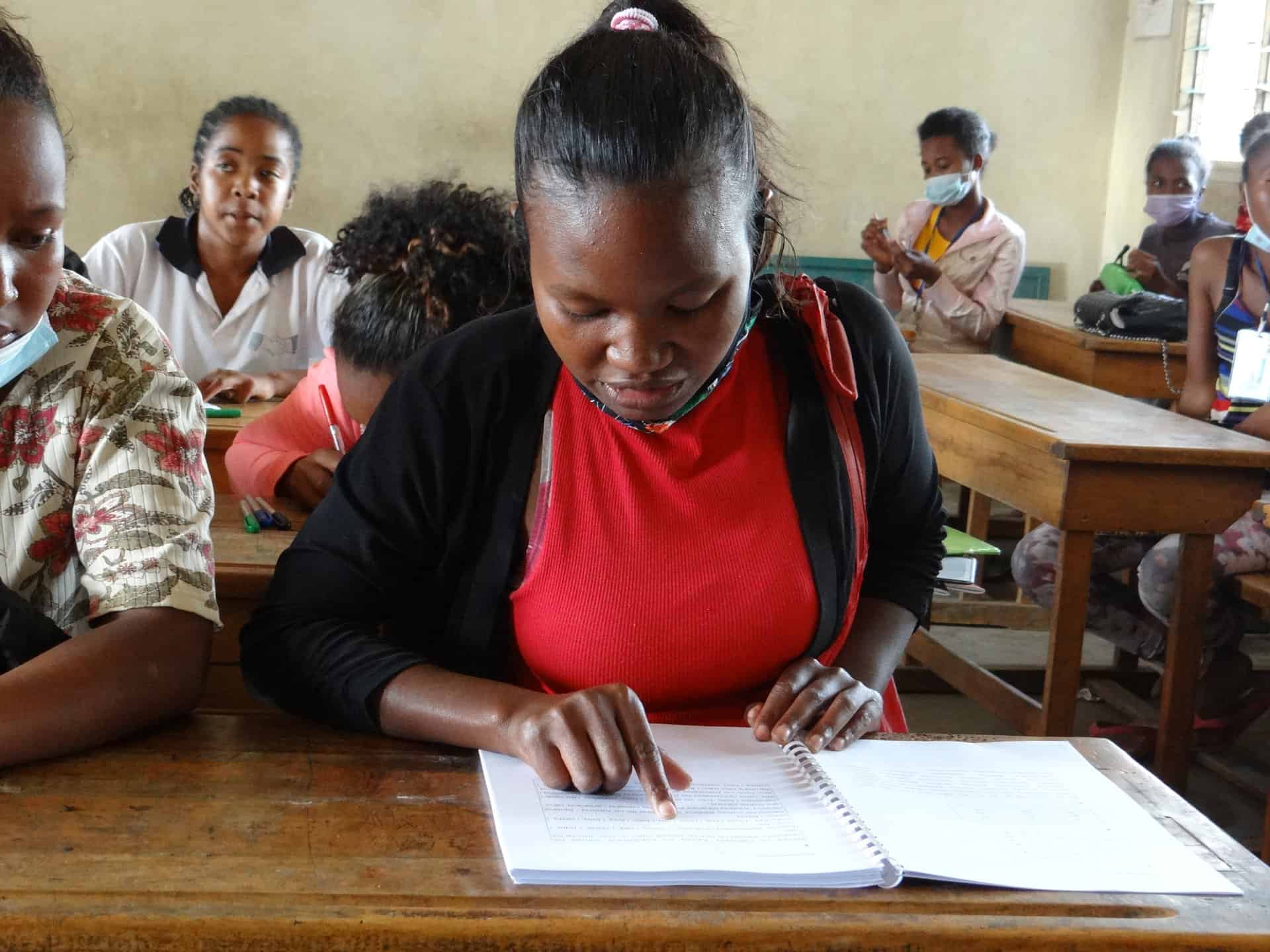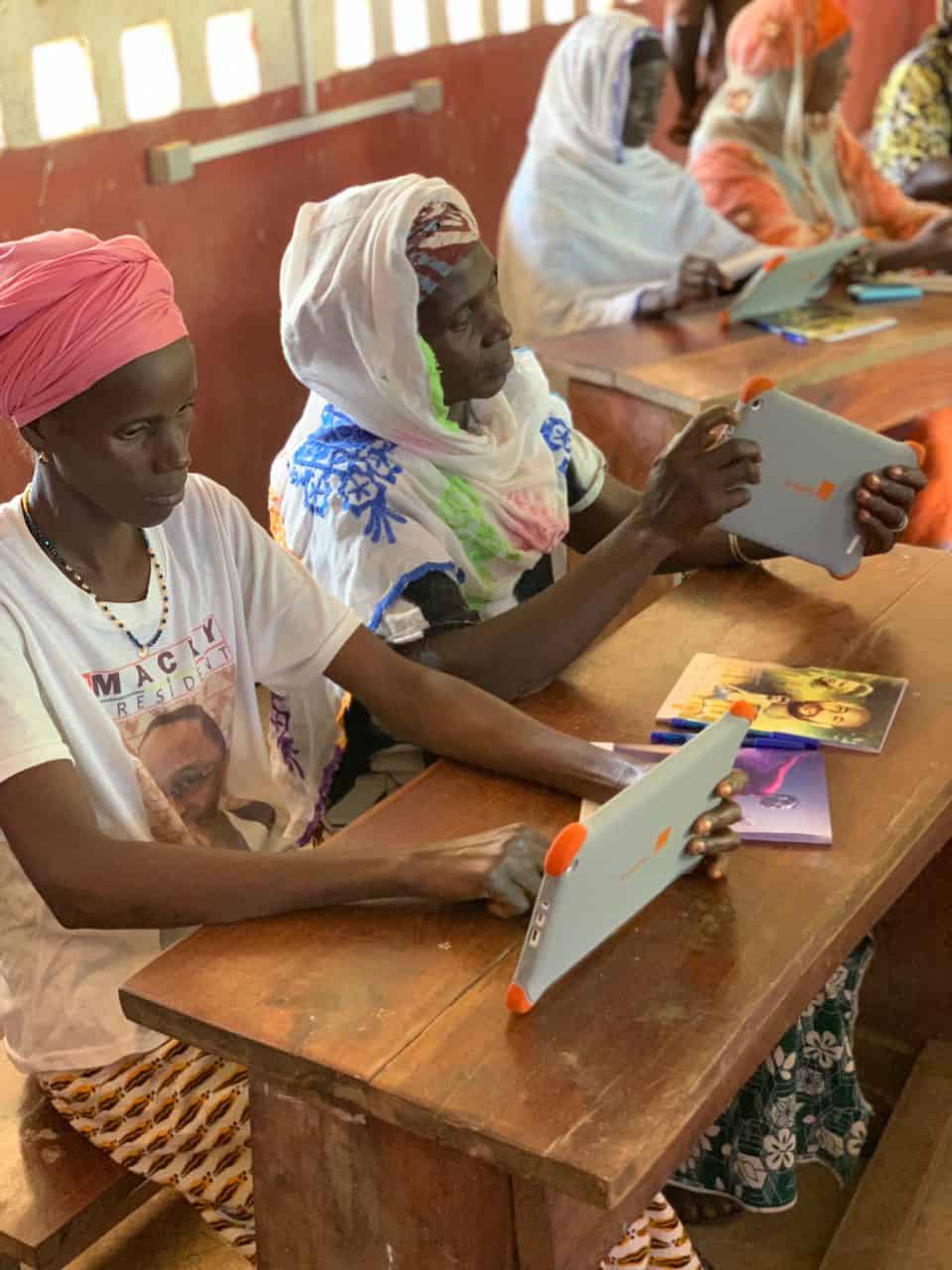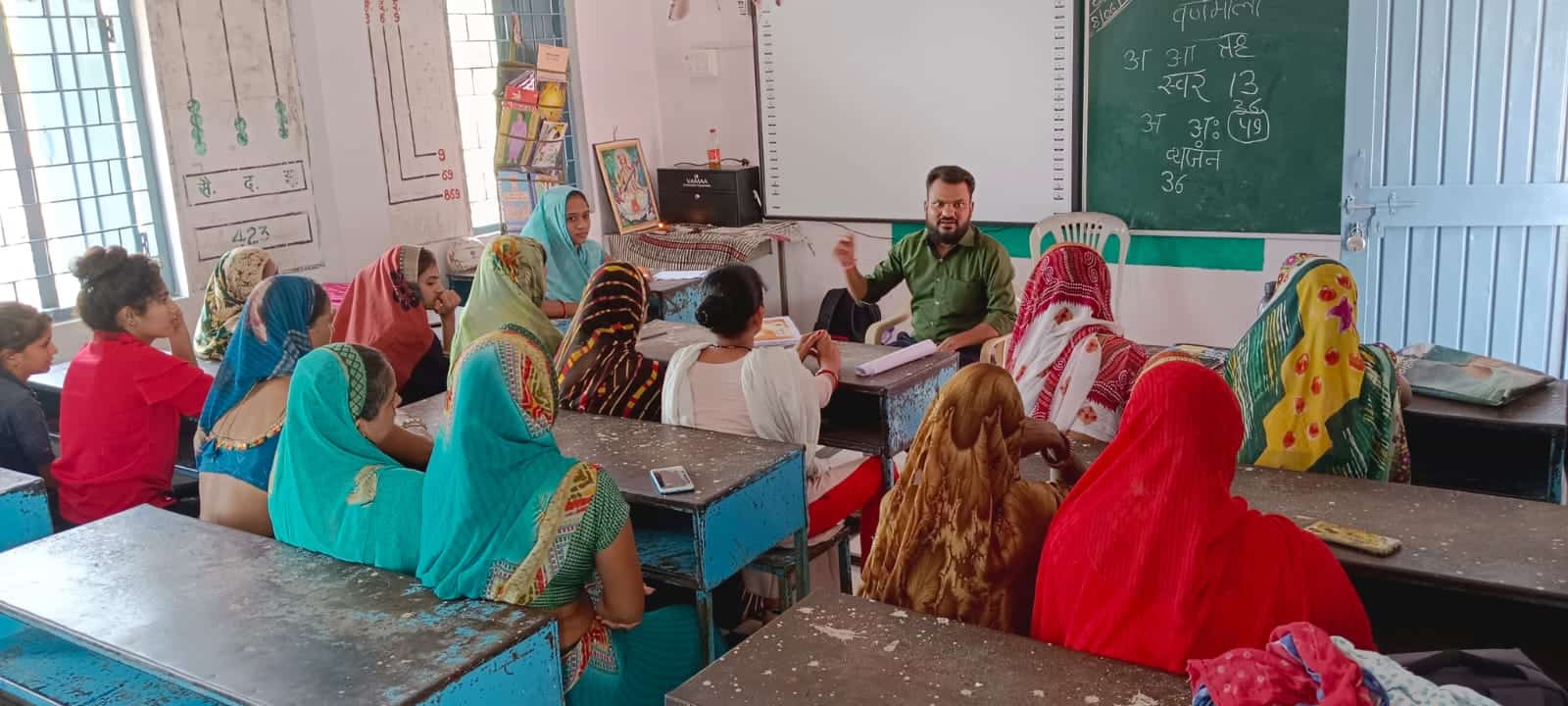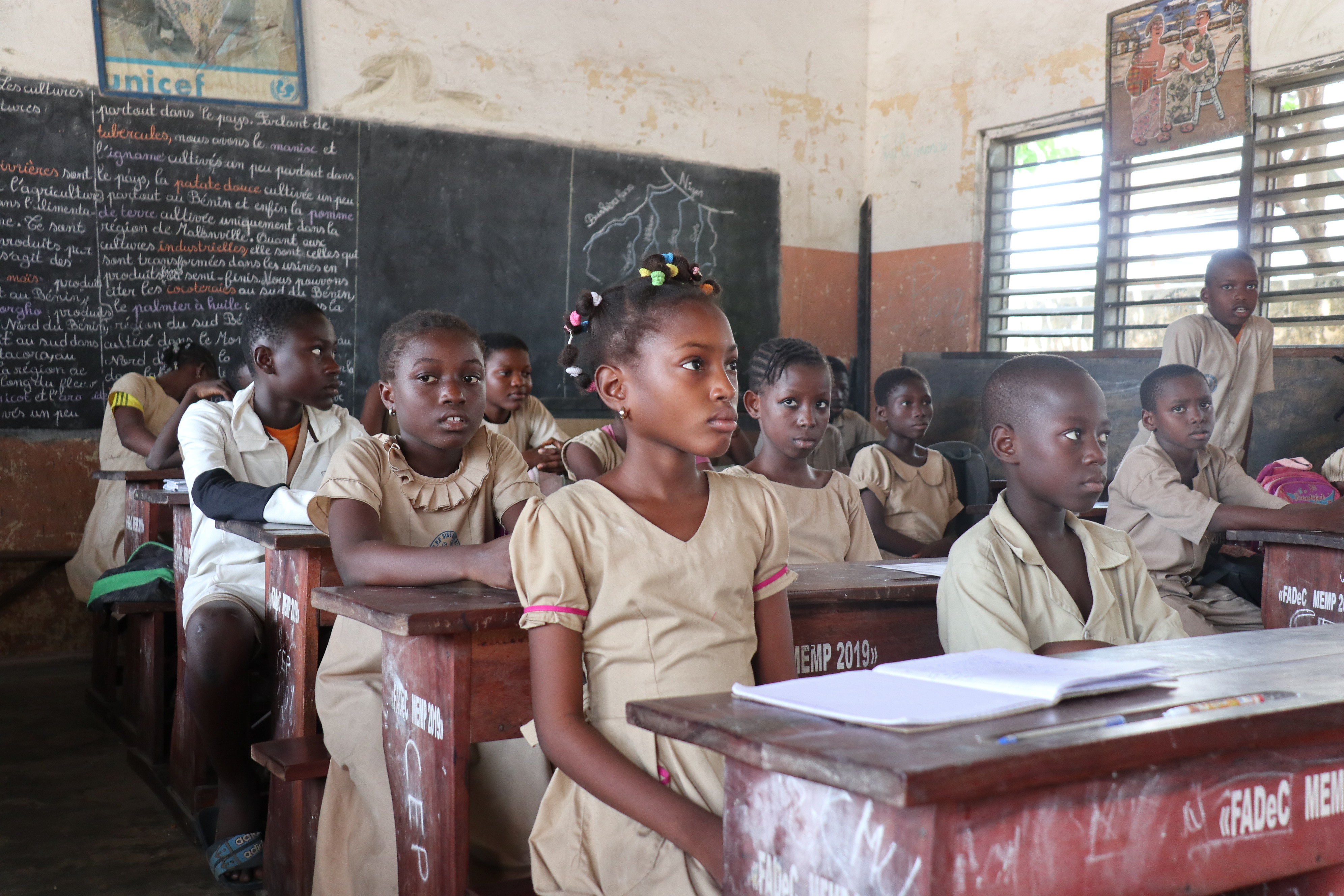💡 What is the difference between illiteracy and illiteracy?L'illiteracy is never having learned to read and write. L'illiteracy concerns adults who have learned to read and write but have lost the ability to do so. In France, 2.5 million people aged 18 to 65 are illiterate, i.e. 7% of the population. Illiteracy was declared a major national cause in 2013. Around the world, 773 million people adults are illiteratewhose two thirds are women. The lowest literacy rates are found in sub-Saharan Africa and South Asia. |
💡Did you know?A child whose mother can read has a 50 % greater chance of surviving beyond the age of 5.. Each year of study reduces the risk of conflict by almost 20 %. |
"Once you've learned to read, you'll be free forever".
International Literacy Day, on 8 September, is a reminder that 773 million adults in the world (around 14% of the population) cannot read or write. Two-thirds of them are women. Yet literacy is a fundamental human right. Find out how Action Education is working to ensure that this right is respected and to promote lifelong learning.
What would your daily life be like if you couldn't read or write? Without reading skills, simple actions become impossible: reading a prescription, a form, obtaining information, choosing a ballot paper, finding a job...
As a fundamental human right, literacy is the foundation of learning, necessary for all individuals to develop throughout their lives. It is also an instrument of empowerment and self-confidence that facilitates access to better health, employment and poverty reduction. Access to quality education is a virtuous circle, and its positive impact is passed on from one generation to the next.
Despite the progress made around the worldAlthough the world's population became increasingly illiterate, particularly between 1950 and 2000, literacy challenges persist. Two-thirds of the world's illiterate population live in South Asia (Indian subcontinent) and sub-Saharan Africa. Illiterate people often suffer from self-deprecation and shame. They are destined to hold highly insecure jobs, mostly in the informal economy, and to be exploited. Fear of stigmatisation can be a barrier to finding solutions (training, etc.).
In the various areas where we operate, we take action on a daily basis to improve literacy and raise awareness of the rights of the most vulnerable members of society. Here are just a few examples:
A MadagascarThe Sandratra project (which means "daybreak") operates in three districts of the capital, where 13% of young women aged between 15 and 29 are single mothers with no resources. Many of these young mothers left school at a very early age or did not attend school at all. The project focuses on empowering 900 young single mothers through literacy and vocational training programmes.

Marie-Esther says: "I'm 28 and have two children. I left school early because my parents couldn't afford to pay my school fees. Then my father died and it was even harder for my mother. As a woman, there's social pressure to get married and have children. After my divorce, I had to fend for myself. As part of the Sandratra project, I took a refresher course in writing and arithmetic. I found them very interesting because I was able to apply them to my daily life. I was able to teach my daughter, who unfortunately doesn't go to school, how to write and calculate. And now it's her turn to teach her cousins, and she's very happy!
In GuineaThe "Femmes et Arbre à Palabre 2.0" (Women and the Palaver Tree 2.0) project is a digital capacity-building initiative for women with no formal education. 76% of women in the Boké prefecture are illiterate.

The special feature of this project is that it offers digital content in the Pulaar national language that can be accessed on tablets. The project targets women who do not attend school and helps to develop their leadership skills. For example, they will be able to access civil status documents, take part in local elections, learn how to manage a budget, strengthen their organisation and help obtain funding from the local authority.
Many changes have been observed: women taking part in the project are speaking out in public, cooperatives have been set up, awareness of the importance of getting girls into school has grown, etc. Mariama Yacine says: "At over 40, this is the first time I've been in a classroom to learn. I'm more than happy, I understand that it's possible to learn at any age".
In IndiaThe "Ensuring Quality of Education" project in the Ujjain district (Madhya Pradesh State) provides literacy and numeracy training for mothers who have not attended school.

Supporting children's schooling remains a real difficulty for illiterate parents. Every exercise, every homework assignment becomes an obstacle, leading to situations that devalue the parents and frustrate the children.
Our project raises awareness among mothers and communities of the importance of educating their children. Mothers are encouraged to visit schools and become actively involved with the children.
"Education has been an elusive dream in my life. I never had the privilege of going to school. However, the importance of education for our children's future has always been very clear to me.
"I am living testimony to the transformative power of education!"
Under the aegis of the project, something extraordinary happened in our village. Mothers' committees were set up at local level, and I was lucky enough to join one of them. I began to unravel the mysteries of the Hindi language and numbers. A world that was once foreign to me began to make sense!
Today, at the age of 41, I can proudly say that I have acquired the ability to read, write and carry out basic calculations - a monumental achievement for someone who had never set foot in a classroom! My journey doesn't stop there. I now spend part of my week helping the teachers to maintain a clean and welcoming learning environment in our village school. I'm a living testimony to the transformative power of education!






